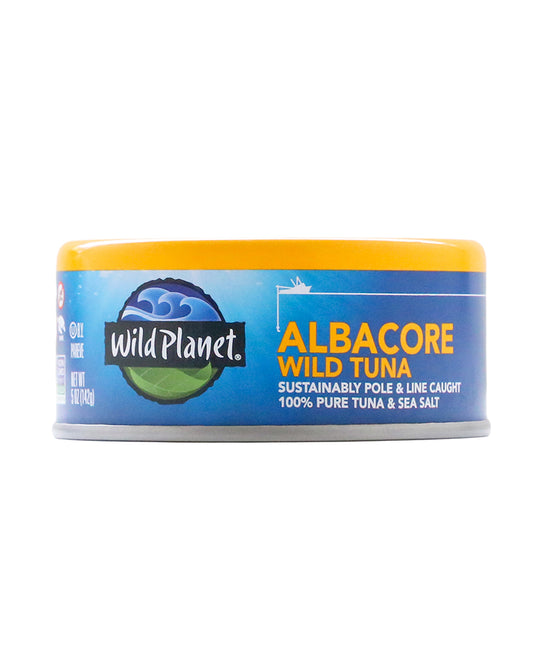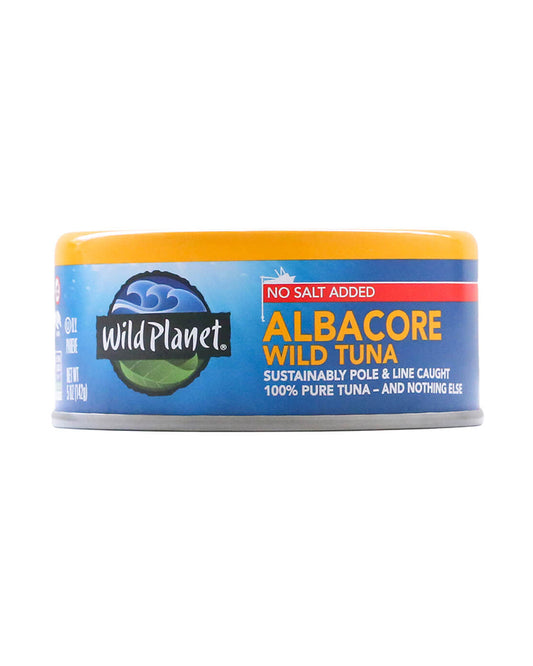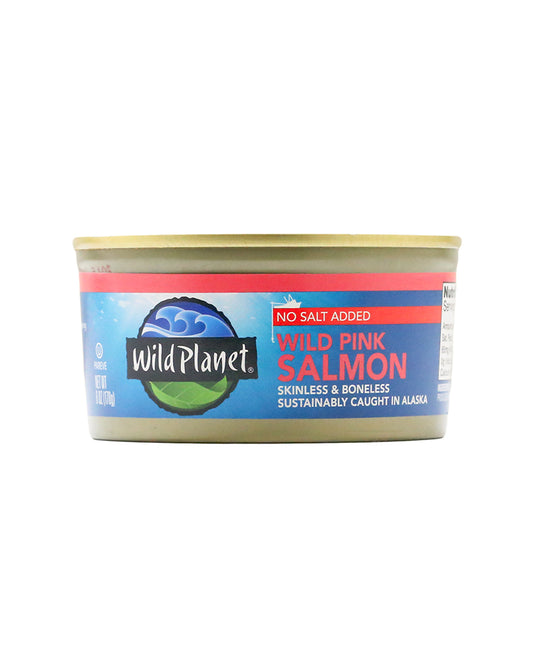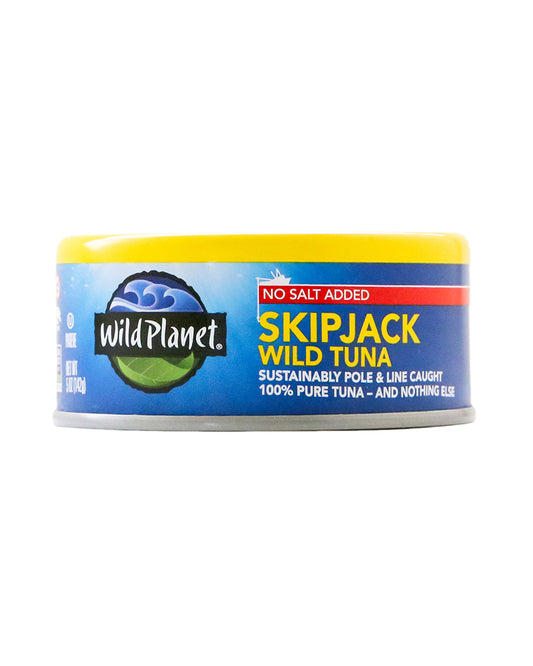

Hive Five™ Certified
No need to guess what's in your food or how it was made. Our experts vet every product for ingredient integrity, responsible sourcing, and great taste using our own criteria called the Hive Five.
By partnering with small-scale fisheries, Wild Planet supports regenerative fishing. This keeps the delicate aquatic ecosystem in tact by preventing overfishing. Wild Planet's products do not contain ingredients on Hive's No Good, Dirty Rotten list of banned and watch list ingredients.
Wild Planet tests for Heavy Metals (Mercury, Arsenic, Lead, Cadmium). Wild Planet's annual third-party testing protocol verifies that Wild Planet tuna products average 0.067PPM of mercury for Skipjack tuna, which is 14x lower than the FDA “Action Limit” of 1.0PPM. Skipjack is considered a “Best Choice” by the EPA. Wild Planet’s Yellowfin tuna averages 0.137PPM, which is 7x lower than the “Action Limit”. Wild Planet’s Albacore tuna averages 0.17PPM, which is 6x lower than the “Action Limit”. Both Yellowfin and Albacore are considered a “Good Choice” by the EPA.
Wild Planet uses 100% recyclable aluminum cans for their fish and recyclable cardboard to hold their cans. Their cans are BPA-free.
Our team personally tests every product to make sure it’s good enough to end up in your home, not a landfill.
By partnering with small-scale fisheries, Wild Planet supports regenerative fishing. This keeps the delicate aquatic ecosystem in tact by preventing overfishing. Wild Planet's products do not contain ingredients on Hive's No Good, Dirty Rotten list of banned and watch list ingredients.
Wild Planet tests for Heavy Metals (Mercury, Arsenic, Lead, Cadmium). Wild Planet's annual third-party testing protocol verifies that Wild Planet tuna products average 0.067PPM of mercury for Skipjack tuna, which is 14x lower than the FDA “Action Limit” of 1.0PPM. Skipjack is considered a “Best Choice” by the EPA. Wild Planet’s Yellowfin tuna averages 0.137PPM, which is 7x lower than the “Action Limit”. Wild Planet’s Albacore tuna averages 0.17PPM, which is 6x lower than the “Action Limit”. Both Yellowfin and Albacore are considered a “Good Choice” by the EPA.
Wild Planet uses 100% recyclable aluminum cans for their fish and recyclable cardboard to hold their cans. Their cans are BPA-free.
Our team personally tests every product to make sure it’s good enough to end up in your home, not a landfill.
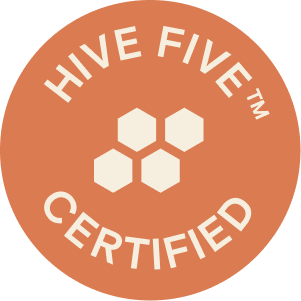 How it does good
How it does good
Conventional fisheries use practices that put profits over our oceans. That's why Wild Planet uses careful, sustainable techniques to catch their tuna, salmon, mackerel, and more. How? First, they use fishing poles rather than nets, which help them catch only the fish they're after (and nothing else). They also work with small-scale fisheries that fish at specific times, in specific waters to make sure they never over-fish.
How to Use
Recycling
These are general guidelines for broadly-recyclable materials. Check with your local recycler to confirm what they take.

Wild Planet
Wild Planet has a mission to care for marine life, and therefore the planet. They want their products to be the best they can be for their consumers, without harming the environment. Wild Planet is an expert in their production at every step of the way. They know how to catch fish without abusing the environment and only using ethical practices.
Shop Brand



